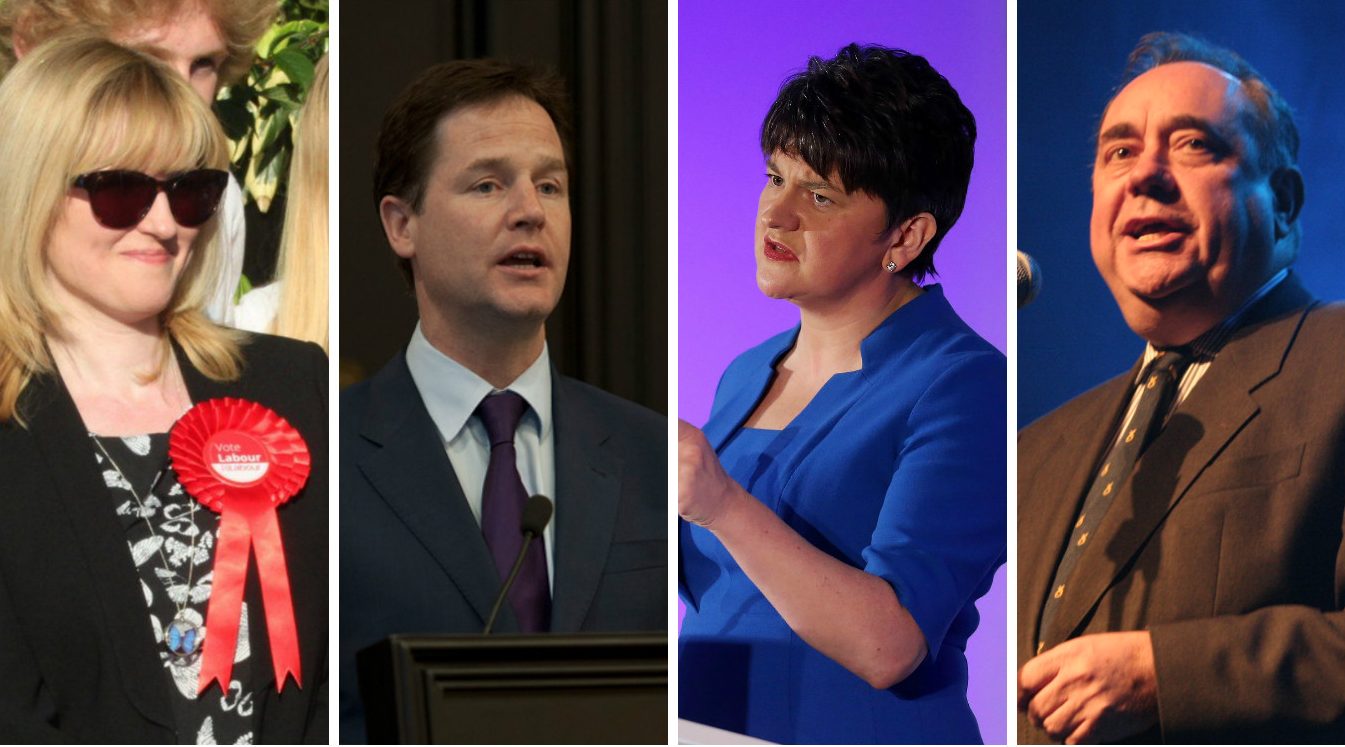It was just two months ago that pollsters were predicting a huge majority for the Conservative Party. Skip forward to 9th June, 2017 and Theresa May only has 318 MPs – not enough to rule as a Government on their own.
The Prime Minister has instead paired up with The Democratic Unionist Party (The DUP), who won 10 seats in Northern Ireland. Other big surprises of the night included Nick Clegg and Alex Salmond losing their seats, while Rosie Duffield claimed Canterbury for Labour – the first time in the constituency’s 160-year history. But what do these gains and losses actually mean for our human rights?
The Democratic Unionist Party
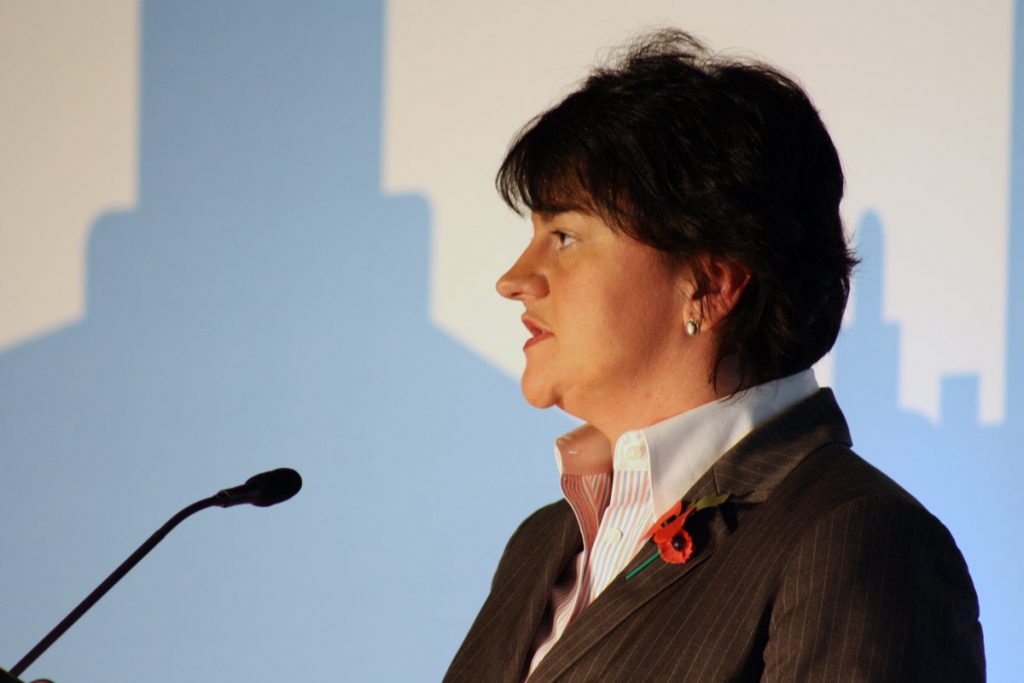
Image: NICVA / Flickr
Unless you’re from Northern Ireland, you might not have heard much about the DUP before. The party is one of the biggest parties in Ulster, and runs on a platform of unionism between Northern Ireland and the rest of the United Kingdom. As well as joining the Conservatives in a “Government of certainty”, they also had a good election in terms of seats, gaining two seats to bring their total up to 10.
Led by Arlene Foster, the DUP’s manifesto for 2017 focused on getting a good Brexit deal for Northern Ireland. Other policies included freezing the BBC licence fee (before either cutting it or abolishing it altogether), increasing the living wage, and increasing funding for frontline school services.
I have spoken with the PM. We will enter discussions with the Conservatives to explore how we can help bring stability to our nation. pic.twitter.com/sTjTwJDbKU
— Arlene Foster (@DUPleader) June 9, 2017
The party, however, makes no explicit reference to human rights in their manifesto. There’s also no mention of NHS funding, the gender pay gap, mental health or legal aid. Previously, the party has expressed support for scrapping the Human Rights Act – the legislation which brings the Human Rights Convention into British law, providing us with fundamental protections such as the right to life, family and privacy. Speaking in 2015, DUP MP Jeffrey Donaldson said they’d be in favour of a new Bill of Rights.
Same-sex marriage also remains off the cards in Northern Ireland, where it currently isn’t recognised. Despite a proposal to legalise the practice in 2015, the party vetoed the plans. Earlier this year they added it was a “red line for the party”, and that they would rather block gay marriage than form a Government. Minister Jim Wells added:
Peter will not marry Paul in Northern Ireland. Some of us would walk before that would happen. We feel very, very strongly about that. We will strangle that idea at birth if that’s what it’s going to bring. Nobody wants it except Gerry Adams anyway.
The DUP have also attracted criticism for its views on abortion, with Northern Ireland being the only place in the UK where women cannot exercise bodily autonomy, even in cases of rape, fatal foetal abnormalities and incest. Speaking last year, Arlene Foster said she does “not want abortion to be as freely available here as it is in England”.
Rosie Duffield wins in Canterbury
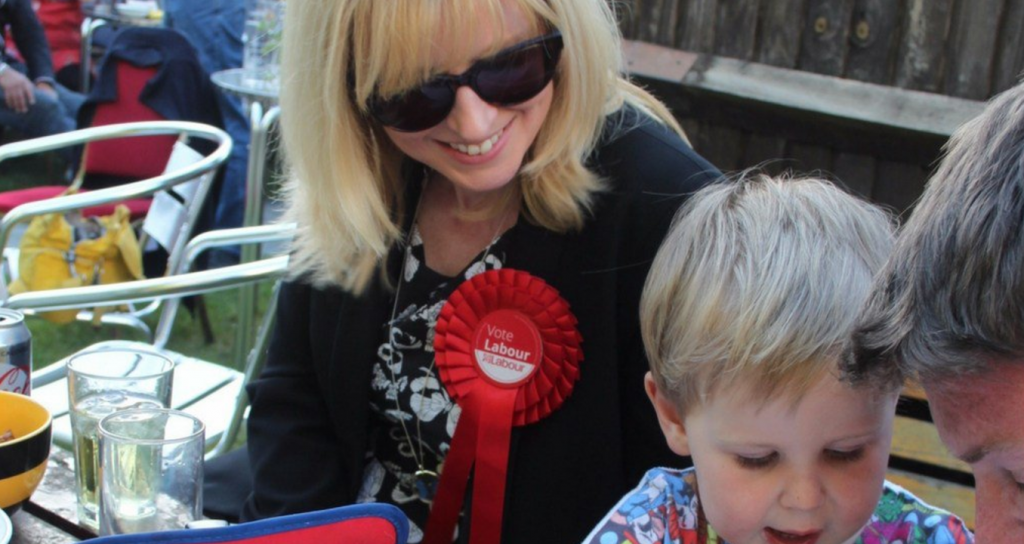 Image: Canterbury Labour Party / Twitter
Image: Canterbury Labour Party / Twitter
Other interesting gains from the election included Rosie Duffield winning in Canterbury, making her the only Labour MP in the whole of Kent and the first ever since the constituency was formed 160 years ago. She unseated Conservative MP Sir Julian Brazier, who has held the role for 30 years, by just 187 votes.
Footage Credit: KMTV
In her victory speech she promised to fight against a hard Brexit and to improve the NHS as well as tackle concerns over the environment, all of which feed into our human rights. She’s also worked directly with the local Amnesty Human Rights Network.
Alex Salmond loses his seat in Scotland
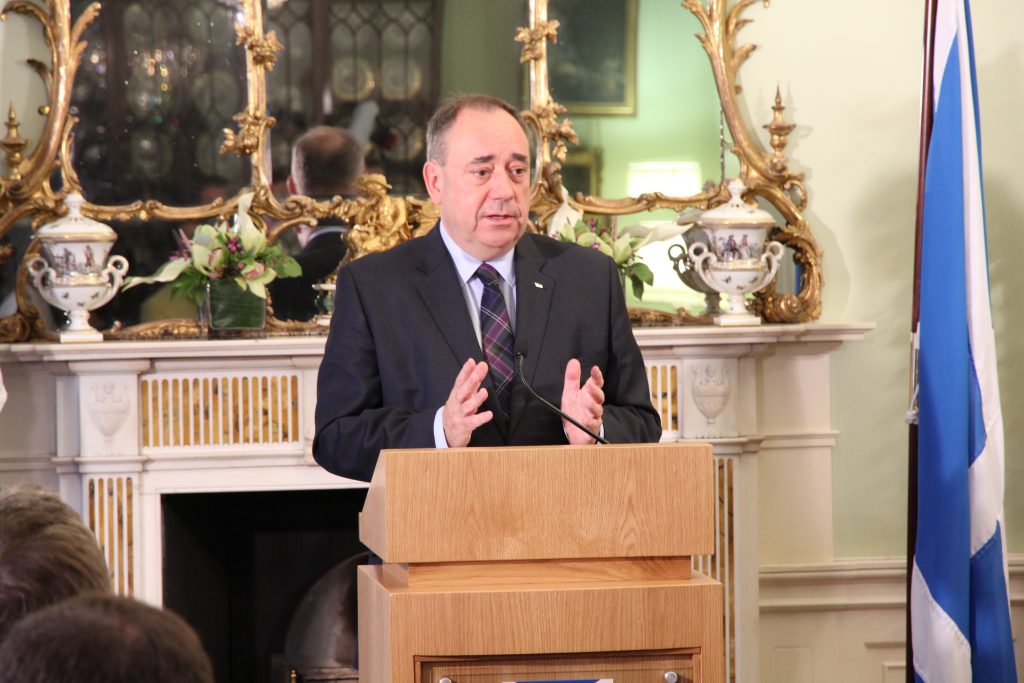
Image: Scottish Government / Flickr
Former SNP leader Alex Salmond was one of the bigger casualties of the night, losing his seat in Gordon to Conservative Colin Clark. The Scottish politician was known for being a big supporter of the Human Rights Act, previously telling Channel 4 news the country would not allow the act to be scrapped. He added:
They’ll need legislative consent from the Scottish parliament [to do away with the Human Rights Act]. We support the human rights act because we like people being able to sue the Government over things like the bedroom tax and basic human rights we shouldn’t be frightened of.
He’s also been vocal about human rights on the international stage, recently raising human rights issues such as free speech with ministers in China on a state visit.
Nick Clegg is ousted in Sheffield
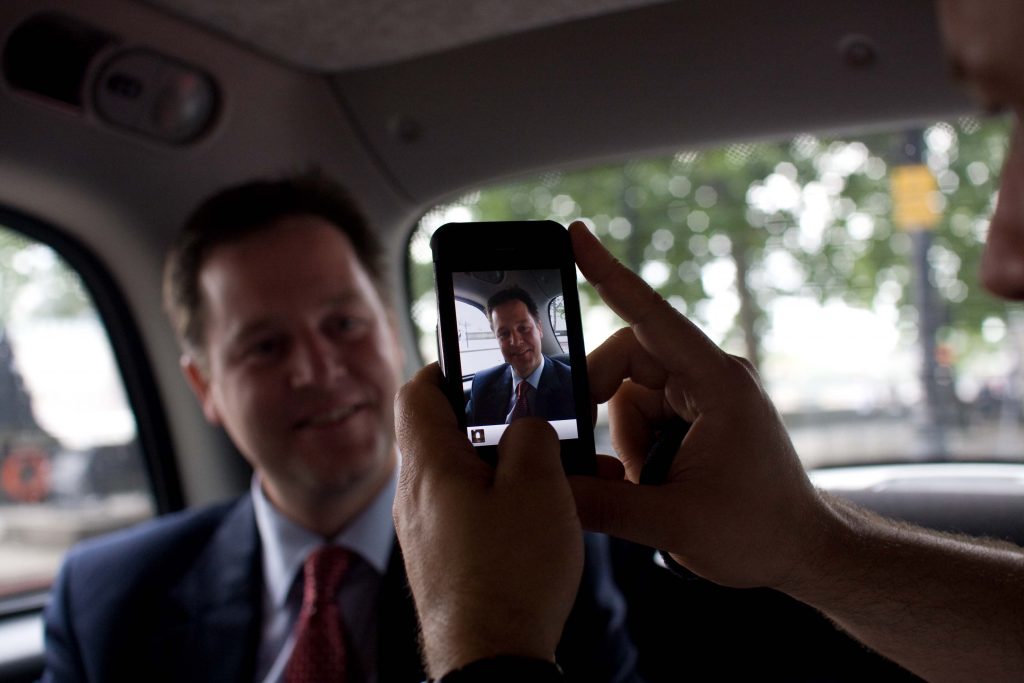
Image: Kate Day / Flickr
In another loss for a former party leader, Liberal Democrat Nick Clegg lost his Sheffield Hallam seat to Labour by more than 2,000 votes. Mr Clegg, who was previously Deputy Prime Minister in the Conservative and Liberal Democrat coalition of 2010, was also a vocal supporter of human rights.
While in Government he remained at odds with the Conservatives on plans to scrap the Human Rights Act (despite going back on pledges to scrap tuition), and recently slammed plans by Theresa May to rewrite human rights laws in response to the Manchester and London Bridge terror attacks, saying the current protections don’t undermine security. He’s also been a vocal supporter of LGBT rights, saying “LGBT rights are human rights”.
As ever, the election has brought about big changes for Government, and consequently the discussions we have about our human rights. Human rights are some of the most fundamental protections we have, covering things as basic as our right to a family life and privacy, and even life itself. Especially in such uncertain times, it’s vital to stay informed about our rights, and to protect them.
Want to know more about the General Election 2017?
- Read what all the main parties said about human rights in their manifestos
- See what this result could mean for our human rights
- Take a look at our right to free and fair elections in this beautiful infographic

